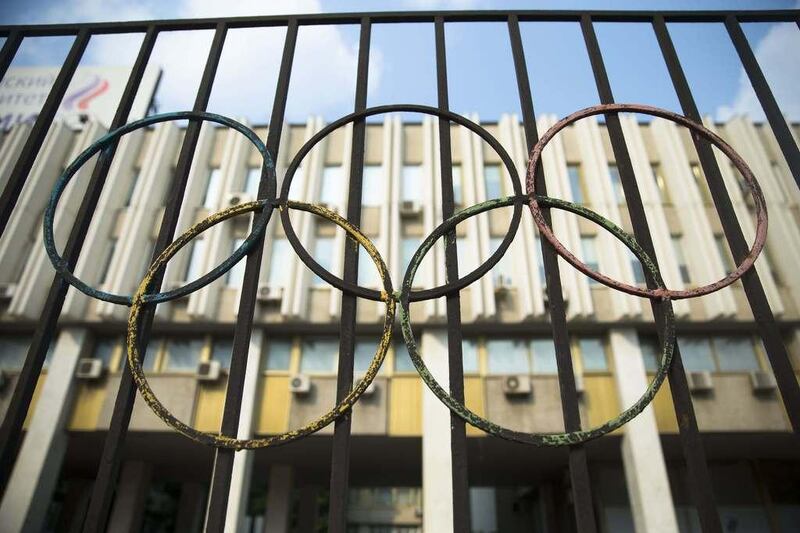Banning Russia wholesale from competing at the Olympic Games would have been a momentous decision – Russia, and the former Soviet Union as it was, is among the leading Olympic nations in terms of medals. But it would not have been the first time the Summer Games have been hit by the absence of a major nation.
Melbourne 1956
Egypt, Lebanon and Iraq pulled out from the Games in protest at the presence of British, French and Israeli athletes. This was in response to the Suez Crisis. The presence of the Soviet Union also led to boycotts by Spain, Netherlands and Switzerland. They were protesting the involvement of the Soviet Union in the ending of the Hungarian revolution. China also pulled out late because of the presence of Taiwan as a competing country.
Tokyo 1964
The IOC has not always been unafraid to make big calls. In 1964 it withdrew its invitation to South Africa because the government refused to condemn its apartheid policies. The South African delegation of 62 athletes included seven non-whites, but the IOC felt that did not go far enough, instead demanding that South Africa publicly renounce all forms of racial discrimination. It did not happen and South Africa did not return to the Games until the 1992 Olympics in Barcelona.
Montreal 1976
South Africa was still barred but the stench of apartheid refused to leave the Games. In protest at the presence of New Zealand, whose rugby union team were at the time touring South Africa, 25 African countries pulled out of the Olympics. These included Libya, Iraq, Kenya, Algeria and Nigeria, among others. Several of the countries had already travelled to Montreal, only to return home before the opening ceremony.
Moscow 1980 & Los Angeles 1984
The highest-profile boycotts the Games have ever suffered, with the US boycotting the first and the Soviet Union reciprocating four years later. The Soviet invasion of Afghanistan in 1979 upped the ante in the Cold War, leading to the US, West Germany, Japan, China and Canada to boycott the 1980 Games entirely. Other countries, such as the UK, left it to their athletes to decide whether or not to travel. Four years later, the Soviet decision to not go to LA was copied by 14 of its Eastern Bloc allies of the time, including East Germany, Bulgaria, Poland and Czechoslovakia.
Follow us on Twitter @NatSportUAE
Like us on Facebook at facebook.com/TheNationalSport





